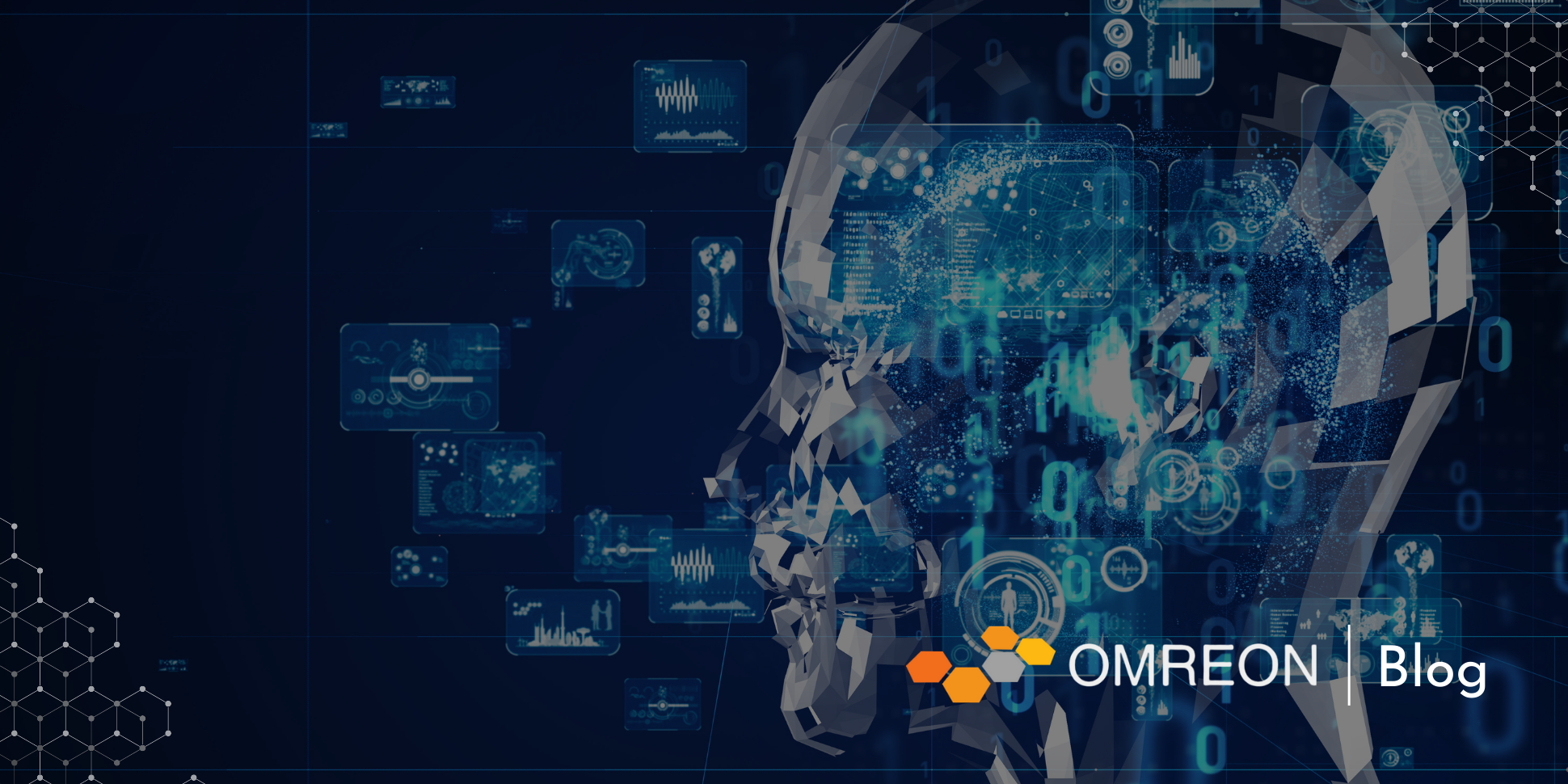Business intelligence (BI) is a technology-driven process that utilizes various types of software that analyzes data and helps businesses monitor performance. The purpose of business intelligence is to convey useful information that helps executives, employees, and other actors across industries to take informed action while making business decisions.
Forecasting is one of these actionable processes made possible by business intelligence software. Forecasting helps businesses to bring together the past, present, and future of their performance by focusing on statistical analysis and other data points. So, tracking forecasting metrics not only enables businesses to plan for future targets but also to optimize this planning process.
Below we will explain more in detail how business intelligence helps forecast many aspects of a business. Read on to learn more about how you can utilize BI to maximize your company’s forecasting abilities.
What is forecasting?
Forecasting in business means analyzing and mining data to predict what will happen in the future. It is typically accomplished using various BI tools, and it can provide vital information to any business regardless of the industry. So, forecasting is quite a useful method to analyze the functioning and strategize the future of a business.
Business forecasting predicts developments in different aspects of a business including demand, sales, cost, and profits. To illustrate, forecasting for demand would mean working on data and estimating the demand for aspects such as material, inventory, and workforce. Thus, organizations can plan their targets in a way that they can keep up with internal and external demands.
Why is forecasting important?
The importance of forecasting for any industry cannot be stressed enough. It is one of the most accurate and efficient business intelligence methods through which businesses can shape growth strategies. Utilizing forecasting can help companies to develop proactive policies.
Forecasting is central to drawing the growth model of a company. Hence, it is also crucial for planning the targets and strategizing. Thanks to forecasting, organizations can make better decisions on budget, resource allocation, marketing strategy, and business patterns. However, to ensure maximum efficiency, forecasting needs to be backed by a solid business intelligence structure, as we will detail below.
How does business intelligence help forecasting?
As the name implies, forecasting relies on guesswork, which makes it a bit tricky. This is an expected outcome given the uncertainties and constantly evolving business conditions. However, business intelligence services come into play here: business intelligence enhances the precision of forecasting by minimizing the possibility of incomplete, inaccurate data analysis.
Since business intelligence involves qualified analysis of data, it provides companies with comprehensive and timely information. As a result, business intelligence consultancy helps every department in a company to function better, e.g., the need for materials can be better estimated, targeting customers is accomplished more efficiently, and financial management becomes easier.
BI tools for effective forecasting
Forecasting future data necessitates well-functioning BI tools. For the myriad advantages of forecasting to realize, business intelligence uses these tools in various ways. BI tools add enormous power to your forecasting abilities; besides, they are easy to implement when you turn to consultancy services. BI system is a great roadmap as the information obtained from your BI system reflects all activities completed within your organization.
BI tools increase organizational efficiency. They give you insights for strategizing. They solve unexpected issues quickly and collect your data in one place, visualize your data, and do many more for your business. For example, transactional data is mostly scattered in spreadsheets. The employees need to merge files for the sake of comprehensiveness. But it is a time and energy-consuming task. Business intelligence systems bring together data from various departments into a series of reports that businesses can reach through a single center. So, employees can focus on more useful tasks. BI tools assist you in improving inventory management, distribution, sales, and marketing.
Conclusion
Forecasting is one of the best steps you can take to improve your business in multiple ways. Business intelligence is the backbone of forecasting to make it more than guesswork. Business intelligence provides all industries with an effective way of acquiring and forecasting the data for better functioning.
A more advanced business intelligence system brings better forecasting outcomes, and better forecasting helps you develop a cost-effective business and thrive in productivity. You can step into forecasting by planning a business intelligence consultancy.

